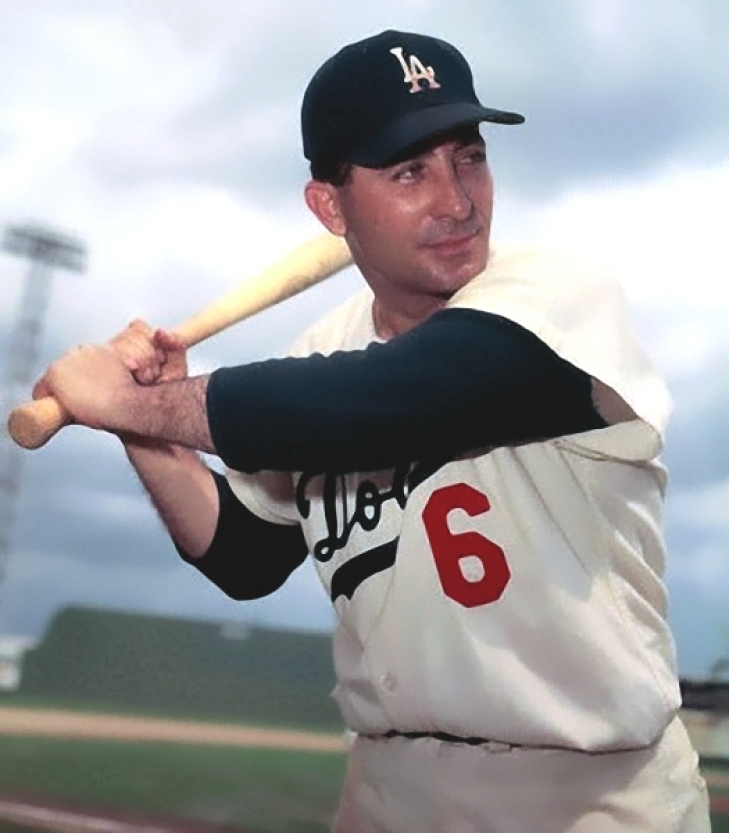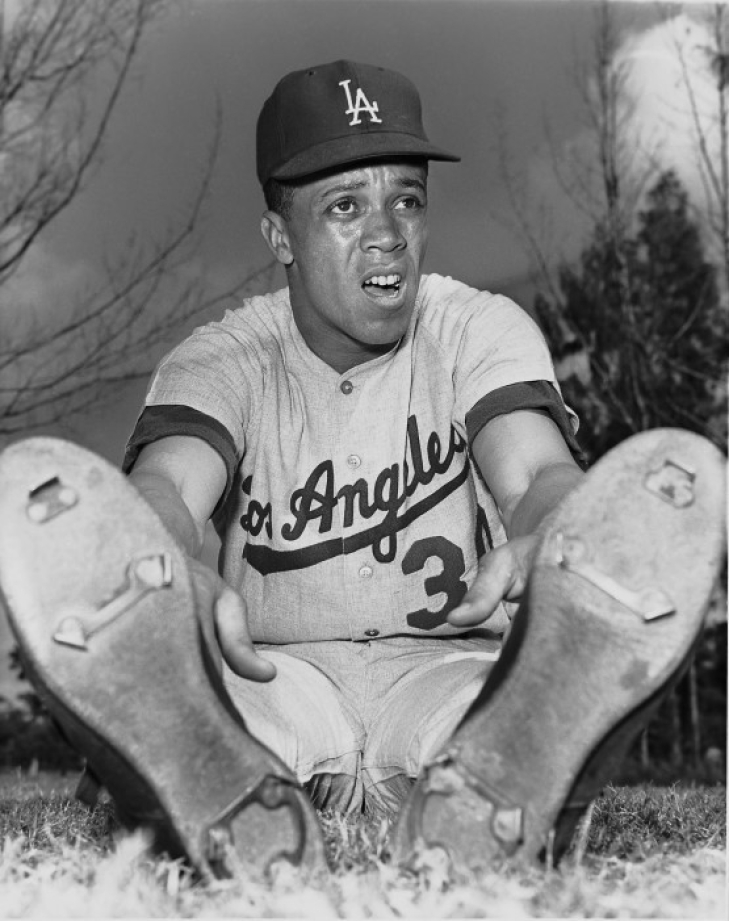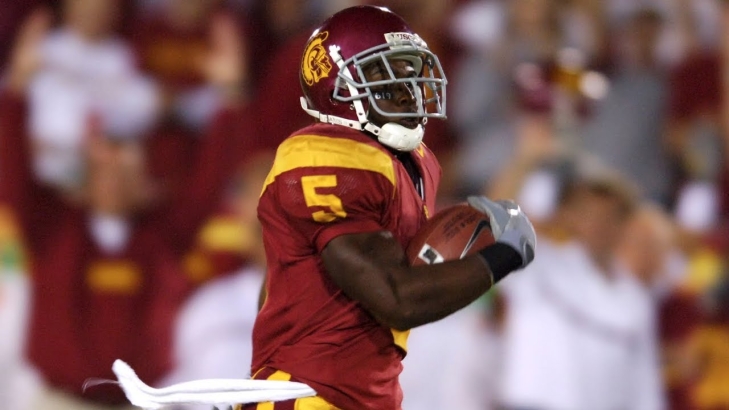
Committee Chairman
RIP: Jeff Beck
We are losing too many legends already in this short year.
Rock and Roll superstar, Jeff Beck passed away today at the age of 78. He first gained international attention as a member of the Yardbirds, and his blues-infused style made him one of the most admired guitarists of his era. The Yardbirds also featured Jimmy Page and Eric Clapton (before Beck joined), and generated the hits, “Heart Full of Soul”, “For Your Love”, and “Shapes of Things”, but like Clapton, Beck left the band in 1966 and formed his own group.
As a solo, or leading the Jeff Beck Group, Beck remained amongst the apex of rock guitarists. There were no styles he couldn’t blend, and his pioneering work of feedback and distortion are legendary. Beck did not have the hits, or even the album sales, but the respect was there, and it is no accident that he won eight Grammys and was inducted into the Rock and Roll Hall of Fame twice; one with the Yardbirds and one as a solo.
We here at Notinhalloffame.com would like to extend our condolences to the fans, friends and family of Jeff Beck.
21. Carl Furillo
A Dodger for the entirety of his career, Carl Furillo arrived in Brooklyn in 1946, and it did not take long before he became one of the Dodgers more popular figures.
Beginning in Center, Furillo was moved to Rightfield, where he was regarded as the master of comprehending the bounces of Ebbets Field. Furillo turned heads with arm strength, but he was an underappreciated hitter who won the 1953 Batting Title (.344), the second of two All-Star seasons. Furillo, who helped the Dodgers win two World Series (1955 & 1959), showed decent power, with six 15-plus Home Run years and an overall OPS of .813.
Furillo was released in May of 1960 while he was injured with a torn calf muscle, and he alleged that the team released him to avoid paying the higher pension rate affixed to a 15-year veteran, which he would have been had Furillo still been signed at the end of the season. Another MLB team never signed him, and it was a bitter end to one of the better runs in Dodgers history.
He exited Baseball with 1,910 Hits, 192 Home Runs, and a Batting Average of .299.
24. Maury Wills
Maury Wills might be known first in any baseball reference guide as the National League MVP award winner in 1962, but his real contribution was how he changed the perception of how runs could be scored. Wills was not the first man to be a star on the base paths, but he did usher in its renaissance. Wills was the first to steal over 100 bases, and it wasn't long before teams across the country looked for a Wills-type player to lead off their lineup. Wills would go on to lead the NL in steals on six occasions.
Maury Wills, however, was not the perfect leadoff man. Wills did not walk enough, and his overall On Base Percentage was not ideal. He also suffered from a post-playing career where his managing stint with Seattle is considered the worst in baseball history, and he often rubbed baseball writers the wrong way. Maury Wills may not have been the best base stealer in history, but he did change the way the game was played for a while, and that is undoubtedly a big pro on his Hall of Fame ledger.
Wills, who played most of his career with Los Angeles save for two years with Pittsburgh and a short spell with Montreal in their inaugural year, had 1,732 Hits and 490 Stolen Bases in Dodger Blue.
Later, in 2019, Wills was one of four players awarded plaques in the stadium as Legends of Dodgers Baseball.
The College Football Hall of Fame names the Class of 2023
Last night, TCU was destroyed by Georgia in the National Championship Game, but for us at Notinhalloffame.com, the true story was the announcement of 18 new members chosen for the College Football Hall of Fame.
The inducted players are:
Eric Berry, Tennessee, 2007-09, Defensive Back: Berry was a two-time All-American with the Volunteers, winning two Jack Tatum Awards as the nation’s top DB. He also won the 2008 SEC Defensive Player of the Year and the 2009 Jim Thorpe Award. Berry accumulated 241 Tackles and 14 Interceptions in his three college seasons, and he would professionally go to five Pro Bowls and collect three First Team All-Pros as a Kansas City Chief.
Michael Bishop, Blinn Junior College 1995-96 & Kansas State, 1997-98, Quarterback: Bishop led Blinn to two consecutive NJCAA National Championships and he was given a chance at QB with the Wildcats. With Kansas State, Bishop threw for 4,401 Yards and 36 Touchdowns and rushed for 1,314 and 23 TDs, and was the 1998 Heisman runner-up. He won the Davey O’Brien Award as a Senior, and as a pro led the Toronto Argonauts to a Grey Cup win.
Reggie Bush, USC, 2003-05, Running Back: Bush may have had his 2005 Heisman taken away due to his family receiving gifts during his time as a Trojan, but he is now a College Football Hall of Famer. Bush had 6,890 All-Purpose Yards. Leading USC to a now-vacated BCS National Championship in 2004, Bush not only won the Heisman, but also captured that year’s Doak Walker Award and Walter Camp Award, and was named the AP College Football Player of the Year. Bush would all go on to win a Super Bowl with the New Orleans Saints and had 58 Touchdowns with nearly 9,000 Yards From Scrimmage.
Dwight Freeney, Syracuse, 1998-01, Linebacker: Freeney recorded 36 Sacks and 104 Tackles with the Orange and was a two-time All-Big East Selection. He played most of his pro career with the Indianapolis Colts, where he went to seven Pro Bowls and was the leader in Sacks in 2004.
Robert Gallery, Iowa, 1999-01, Offensive Lineman: Gallery won the Outland Trophy and the Big Ten Offensive Lineman of the Year in 2003, and he was later taken second overall by Oakland and had an eight-year NFL career.
LaMichael James, Oregon, 2009-11, Running Back: James won the Doak Walker Award in 2010 as the nation’s top Running Back and was third in Heisman voting. In his three years as a Duck, James rushed for 5,082 Yards and 53 Touchdowns. He would only rush for 193 Yards as a pro.
Derrick Johnson, Texas, 2001-04, Linebacker. As a senior, Johnson won the Big 12 Defensive Player of the Year, Dick Butkus Award, Bronko Nagurski Trophy and Jack Lambert Trophy, and had 10.5 Sacks, 9 Interceptions and 458 Tackles over his four-year career. Later, with the Kansas City Chiefs, he went to four Pro Bowls.
Luke Kuechly, Boston College, 2009-11, Linebacker. Kuechly was the ACC Defensive Rookie of the Year in 2009, and the two-time All-American won the ACC Defensive Player of the Year in 2011. It was a monster season for Kuechly, who also won the Bronko Nagurski Trophy, Lombardi Award, Lott Trophy, Butkus Award and Jack Lambert Award. He went to be a five-time First Team All-Pro, a seven-time Pro Bowl and was the NFL Defensive Player of the Year in 2013.
Terance Mathis, New Mexico, 1986-89, Wide Receiver. Mathis accumulated 4,524 Receiving Yards and 36 Touchdowns for the Lobos.
Bryant McKinnie, Miami, 1998-2001, Offensive Lineman. McKinnie was a member of Miami’s 2001 BCS National Championship Team, and would win the Outland Trophy and Jim Parker Award that year. He later won a Super Bowl with the Ravens.
Corey Moore, Virginia Tech, 1996-99, Defensive Lineman. In Moore’s senior year, he won the Big East Defensive Player of the Year (he also won it as a junior), Bronko Nagurski Award and Vince Lombardi Award.
Michael Stonebreaker, Notre Dame, 1986-90, Linebacker. Stonebreaker was a two-time All-American and a key member of the 1988 undefeated NCAA Championship Team.
Tim Tebow, Florida, 2006-09, Quarterback: Tebow was a phenom with the Gators, leading Florida to two BCS Championships (2006 & 2008), while also winning the 2007 Heisman. The two-time All-American also added two Maxwell Awards (2007 & 2008), the Davey O’Brien Award (2007), Manning Award (2008), and the AP and Sporting News also named Tebow their 2007 Player of the Year. He passed for 9,286 Yards and 88 Touchdowns while rushing for 2,947 Yards and 57 Touchdowns. Tebow’s NFL career was not good, but there are few in his league collegiately.
Troy Vincent, Wisconsin, 1988-91, Defensive Back: Vincent was the co-winner of the Big 10 Defensive Player of the Year in 1991, and would enjoy a long NFL career, that included the 2002 Walter Payton Man of the Year.
DeAngelo Williams, Memphis, Running Back, 2002-05. Williams was a three-time Conference USA Offensive Player of the Year, and won the MVP in the 2005 Music City Bowl. Rushing for 6,026 Yards and 55 Touchdowns as a Tiger, Williams was a two-time NFL leader in Rushing TDs.
The Inducted Coaches are:
Monte Cater, Lakeland 1981-86 & Shepherd 1987-2017. Cater won 19 Conference Championships (3 IBFC, 12 WVIAC, 4 MEC) and was also a 12-time Conference Coach of the Year. He had an overall record of 275-117-2.
Paul Johnson, Georgia Tech 1997-2001, Navy 2002-07 & Georgia Tech 2008-18. Johnson had an overall record of 189-100, and he led Georgia Southern to back-to-back NCAA D-I-AA Titles in 1999 and 2000. He was a seven-time Conference Coach of the Year.
Roy Kramer, Vanderbilt 1978-90, SEC Commissioner 1990-2002. Kramer had a record of 83-32-2 with the Commodores but was more instrumental in his work as the SEC Commissioner where he elevated the conference.
Mark Richt, Georgia 2001-15 & Miami (FL) 2016-18. Richt won three conference Coach of the Year Awards (SEC 2002 & 2005, ACC 2017), and was also named the 2017 Walter Camp Coach of the Year. He had a 10-7 record in Bowls, including two Sugar Bowl wins, and Richt’s overall record was 171-64.
We here at Notinhalloffame.com would like congratulate the newest members of the College Football Hall of Fame.





